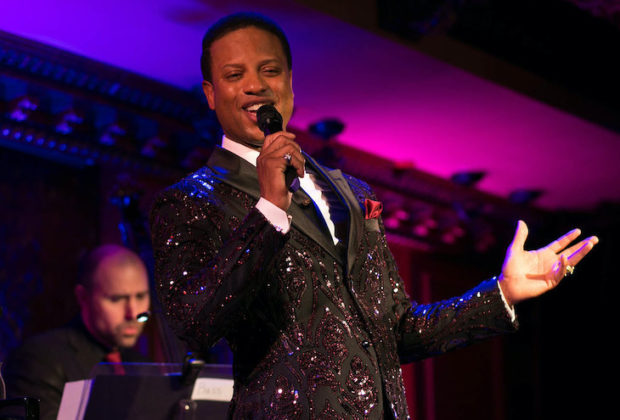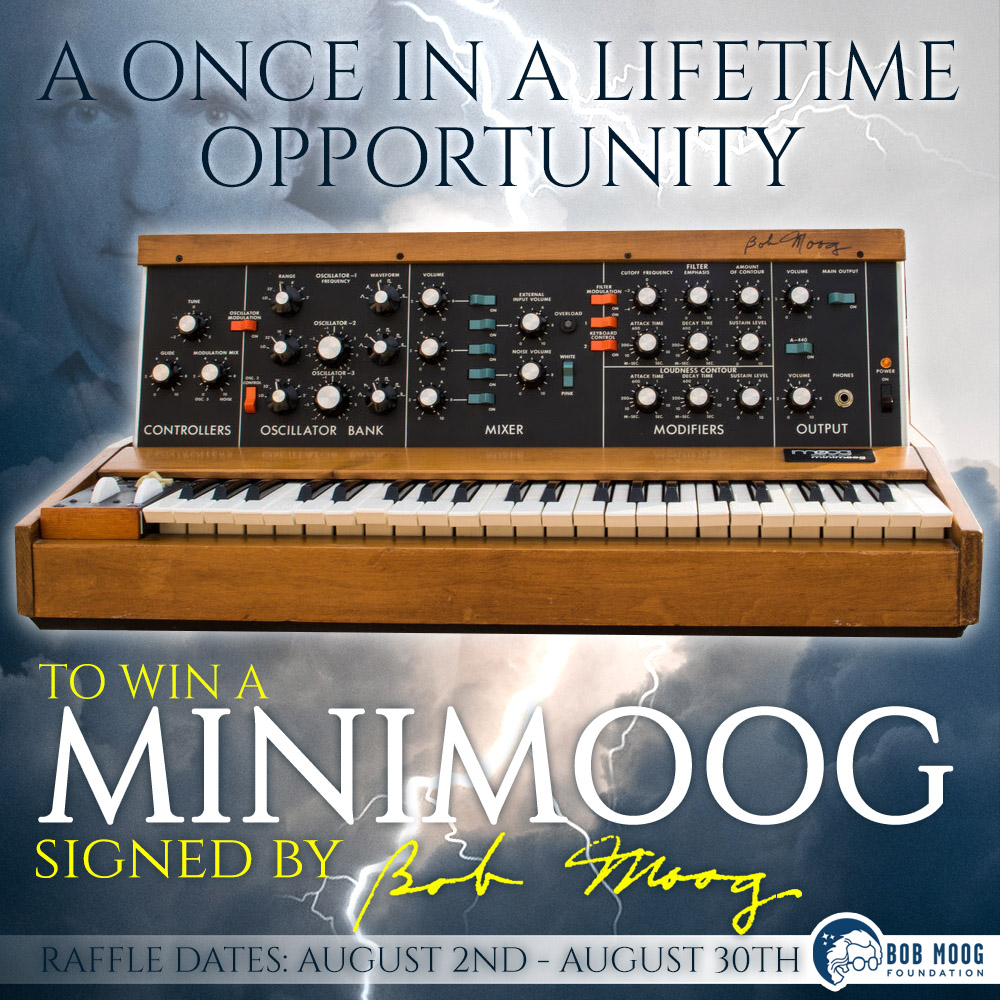Though I am considered a member of Gen X, I have always looked to the Artists of the past to understand what made them great and to further cultivate my own Fine Art of Showmanship. I’m referring to Artists like Nat King Cole, Frank Sinatra, Sammy Davis Jr., Ella Fitzgerald, Tony Bennett, Judy Garland, Elvis Presley and so many others from the golden era of The Great American Songbook. In my opinion, it’s quite noticeable when a modern day performer has been informed by Showmen and women of yesteryear. They embody characteristics that I believe are the bedrock of a masterful Artist and an impeccable Showman:
Vocal Technique
I am trained in Bel Canto, which means “beautiful singing” in Italian. The great voice teacher Manuel Garcia defined the anatomical approach to proper singing that classical singers adopted for optimal voice amplification in European concert halls back in the late 1800’s. Bel Canto is still taught today and many of our American singers from The Songbook era learned Bel Canto or variances thereof.
Microphones were not invented until 1877. Moreover, During the 1920’s-1950’s, auto-tune was also not yet invented for in-studio or in live performance. With the advent of microphones, early pop singers like Bing Crosby had already learned how to sing in tune, utilizing proper vocal technique, legato lines and good intonation. Fast-forward to today, unfortunately, many singers are auto-tuned in the studio, and sing to pre-recorded tracks in live performance.
Others find it difficult to sustain a tour schedule from a lack of vocal discipline, sacrificing foundational vocal technique for microphone voice amplification, which can become an unconscious and potentially detrimental crutch.
My advice to singers is to take voice lessons and learn the mechanics of how the voice instrument works. This can increase not only your vocal range, but enhance vocal sustenance and longevity. Tony Bennett is an example of a living legend trained in Bel Canto. He can still hold a tune in his 90s. That’s something worth aspiring to.
Personal Style
Every Artist who walks onto the stage in front of a live audience has an image to uphold. Personal style communicates the Artist’s aesthetic essence with the audience. For example, Gene Simmons from Kiss wouldn’t connect with his fans if he appeared on stage in a tuxedo. The image of a tuxedo doesn’t match the music Kiss makes.
Cultivating personal style is crucial to defining what your fans desire from you. It’s what sets you apart from the average Joe/Jane. Jimi Hendrix, Prince, Elvis, Michael Jackson and Madonna are a few examples of Artists whose personal style was almost as iconic as the music and the Art they created. When you see their picture in a magazine, you can almost imagine what their music would sound like.
Conversely, when you hear their music on the radio, you can almost imagine what they look like. The symbiotic connection of visual image and the music itself fuels the perpetuation of them both hand-in-hand, which is the key to building your Artist brand. Put thought and contemplation into this aspect of your career so that you stand out from the crowd and create a personal style that can be marketed to the world.
Authenticity
I believe music reflects life and life is music. Therefore, true Artistry is authenticity and honest storytelling, which speaks to the hearts of mankind. It is a requirement that, in order to connect with our audience in a deeply meaningful way, we must be willing to be vulnerable. Whitney Houston is an example of a vulnerable artist. Her message is felt in her song lyrics and the authentic way she performed.
Authenticity is key in every aspect of the performing arts because it makes your audience feel what you are playing or singing about. What is the point if we are not altering lives for the better by way of our creations? The more authentic you are, the greater chance the audience will connect and become more endeared to you. This allows them to look into their own souls to become more vulnerable and authentic with themselves and those around them.
Versatility
Versatility keeps the lights on when things slow down in one area of your career. For example, I’ve spent years honing multiple crafts so that I could fulfill my Artistic curiosities and continue working. I began my career as a teenager in classical voice, studying with some of the top teachers in the world. At the same time, I began to take tap dance lessons as per my influence by Sammy Davis, Jr. That opened doors to explore singing in renown concert choirs, cruise ships, musical theatre and straight theatre.
Eventually, I earned an NAACP Theatre Award for best male actor in a musical play, entitled, “Breath and Imagination––The Story of Roland Hayes.” All the while, I was singing jazz and American Songbook music with bands from New York to Los Angeles and toured with a 21-piece big band. After living in New York City for eight years, I moved to Los Angeles to gain experience as an actor in film and television, never forsaking my core crafts of music and performance Art.
All of this experience led me to becoming a recording artist with my second album Matters of The Heart to be released Aug. 13, 2021. Opportunities continue to abound because I’ve always kept refining and adding to my skillset. This versatility was also exemplified by my idols like Sammy Davis, Jr., Frank Sinatra and Gregory Hines who could sing, act and dance. The more talents you have the more marketable you can be as a working Artist. I always say to young people, “The goal is to be able to make a living doing what you love and take care of your family on a consistent basis.” Everything on top of that is icing on the cake.”
Professionalism
Entertainment is a people business. Something as basic as “please” and “thank you” can go a long way. People tend to work with people they LIKE and get along with. Do you show up on time for the gig? Do you get along with others? Or do you tend to have contention and disagreements with your bandmates or venue management? How do you get along with your team i.e. managers, publicists, agents, etc.?
Your degree of professionalism will also dictate how well you are respected in the music business. Our industry is a small world and it doesn’t behoove you to burn bridges due to lack of professionalism. That will most likely come back to haunt you at some point in the future. I remember crossing paths with Don Cheadle while playing Jay Z in a comedy skit on the Conan O’Brian Show. What I remember most was the way in which he carried himself backstage. He was humble and kind, yet focused on the interview he was about to give.
As big a star as Lady Gaga is, when we met, she looked me in the eye as we shook hands. She was genuinely interested in the moment at hand, which made me feel special. As Artists, we should be ambassadors of love and human decency. Don’t become the successful Artist who removes himself/herself from the world and your fans. Don’t allow fame to change why you became an Artist. Always remain professional on stage and off stage. This is our collective duty––to bring healing to humanity.
You cannot be a successful Artist and not love your Art. As an Artist you must be genuinely interested in the details that bring your art to life. Strive to be self-aware, vulnerable, patient and kind to yourself. Take constructive criticism, be willing to pivot, all the while developing your confidence and mastery to your craft.
I hope you have been inspired by elements that I believe embody The Fine Art of Showmanship. Class is timeless and a musical Class Act is a person who exudes grace, artfulness, kindness, humility, authenticity, professionalism and flexibility. Your Showmanship tells a story that speaks to the heart and captures the imagination. May you continue to fine tune your own Showmanship and share with the world how outstanding and magnetic your musical gifts are. • –Elijah Rock
Long-dedicated to upholding and aligning himself with the first class carriage and aesthetic of timeless entertainment, singer/actor/dancer/recording artist/author and host ELIJAH ROCK is carrying the blazing torch for the legacy of The Great American Songbook.
See elijahrock.com.














